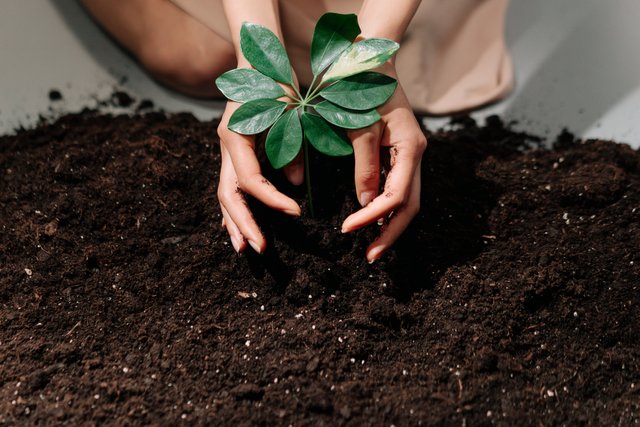
Beneath our feet lies a precious and often overlooked resource that sustains life on our planet – soil. However, rampant land degradation, industrial practices, and unsustainable agricultural methods have put this vital ecosystem at risk. In this article, we delve into the importance of soil conservation, exploring its role in maintaining biodiversity, supporting food production, mitigating climate change, and providing a sustainable future for generations to come.
The Foundation of Life:
Soil is the foundation of all terrestrial ecosystems, providing a home for billions of microorganisms, insects, and plant roots. It acts as a living, breathing entity, supporting the intricate web of life that exists aboveground. By protecting and nurturing soil, we safeguard biodiversity and ensure the stability of entire ecosystems.Securing Food Production:
Healthy soil is essential for sustainable agriculture and food security. It serves as a reservoir for essential nutrients, water, and beneficial microorganisms that support plant growth. By adopting practices such as organic farming, agroforestry, and crop rotation, we can preserve soil fertility, reduce erosion, and minimize the need for harmful chemical inputs. Investing in soil conservation measures is key to ensuring a resilient and productive food system.Mitigating Climate Change:
Soil plays a crucial role in mitigating climate change through carbon sequestration. Healthy soil acts as a carbon sink, absorbing and storing vast amounts of carbon dioxide from the atmosphere. Practices such as regenerative agriculture, which focus on building soil organic matter, can enhance carbon sequestration potential, helping to combat greenhouse gas emissions and global warming.Preventing Erosion and Desertification:
Unsustainable land use practices, deforestation, and overgrazing contribute to soil erosion and desertification, leading to the loss of arable land and fragile ecosystems. Implementing erosion control measures, such as terracing, contour plowing, and reforestation, helps prevent soil erosion, maintains water quality in rivers and streams, and preserves fertile soil for future generations.
5.Educating and Raising Awareness:
Raising awareness about the importance of soil conservation is vital for creating lasting change. Educational programs, community initiatives, and government policies can play a significant role in promoting sustainable land management practices, advocating for responsible agricultural techniques, and encouraging individuals to take action in their daily lives.
Preserving and protecting our soil is a critical task that requires collective effort and conscious action. By recognizing the importance of soil as a finite and invaluable resource, we can implement sustainable land management practices, support regenerative agriculture, and advocate for policies that prioritize soil conservation. Embracing these measures not only ensures the long-term health and productivity of our ecosystems but also paves the way for a sustainable and resilient future for humanity and the planet we call home.
